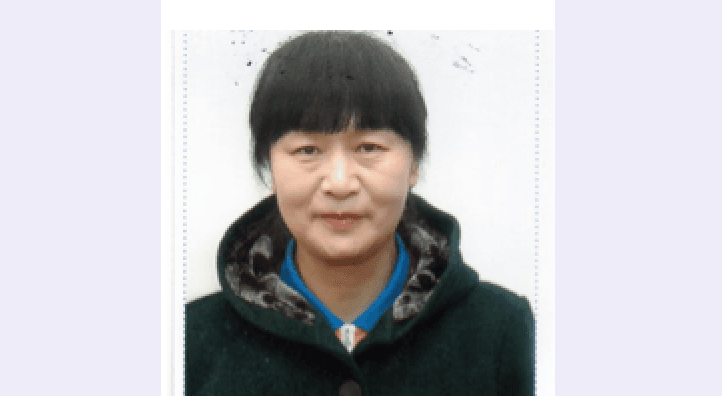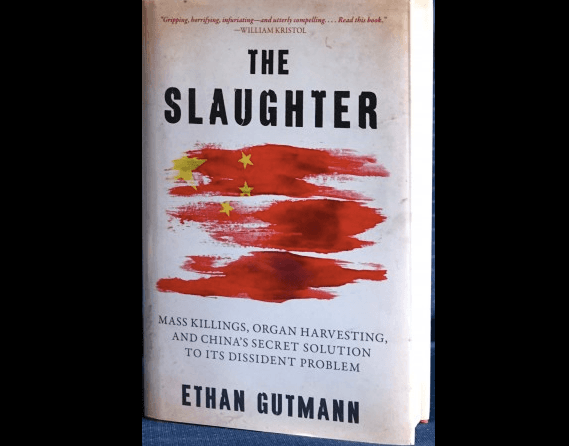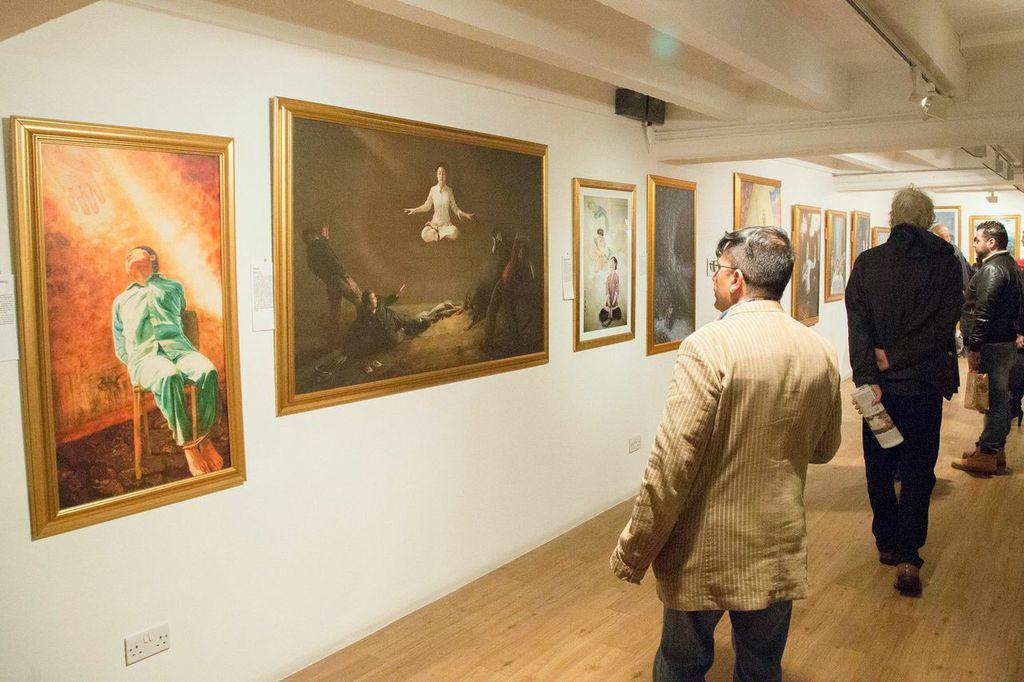Eight members of the government are to have special privileges to view evidence and put questions to witnesses in the phone-hacking inquiry, Lord Justice Leveson has ruled.
The prime minister and the secretary of state for culture, Olympics, media, and sport, Jeremy Hunt, together with the deputy prime minister, business secretary, home secretary, justice secretary, finance minister, and education secretary will be given “core participant” privileges.
The ministers were given the special status because they have a direct, significant role or interest in important matters related to the phone-hacking inquiry.
These permissions have in the past been given to over 40 celebrities and prominent public figures, including members from the family of Milly Dowler, who were given false hope that she was safe when her phone messages were erased after she had gone missing. She has still not been found.
Anticipating criticisms that this would give government ministers political advantage, Lord Justice Leveson said in his ruling that all minsters bar one had given their preliminary statements by the time of the ruling and the final one was expected that afternoon.
It was within Rule 5 of the Inquiry Rules that the government’s lawyer, Mr Eadie, had applied for the core participant status, as having the ministers give considered opinions on evidence would greatly aid the inquiry.
Jeremy Hunt was considered to have been disadvantaged by text and e-mails brought to the inquiry and discussed by James Murdoch of News Corp. on April 24th.
Mr Hunt and the government were not privy to the evidence until it was presented to Murdoch and put on the Leveson Inquiry website. After a verbal discussion with Mr Hunt at 10 Downing Street, David Cameron backed Mr Hunt, saying he had acted correctly.
This was after the confidentiality had lapsed. However, some core participants are from journalistic circles and Mr Leveson in his ruling said, “I have noted (although I say no more) that articles quoting parts of the e-mails and passing comment on their contents appeared very quickly after they became public.”
The correspondence concerned the proposed takeover by Murdoch’s News Corp. of the media organisation BSkyB in 2011. The e-mails showed a quantity of confidential information was passed from Mr Hunt’s department to News Corp.’s.
Mr Leveson said he understood there were immediate calls for the secretary of state to answer questions surrounding the e-mails. He also noted that Mr Hunt was neither the author nor the recipient of the communication, which was conducted by one of Mr Hunt’s special advisers.
This special adviser, Adam Smith, resigned after the e-mails were made public.
Frederic Michel, one of Murdoch’s aides, had written many of the e-mails and had made it clear in the e-mails that although he referred to Mr Hunt by name, his contact was one of Mr Hunt’s advisers.
Smith resigned saying he had “gone too far”.
There were other repercussions as Mr Cameron was summoned before Parliament to answer questions about the conduct of Mr Hunt. It was the first time in 10 years that a prime minister had been summoned in this way.
Mr Eadie said in his submission to Mr Leveson that there were risks of unfair or inaccurate singling out of identified ministers and that he was not specifically intending to use the power to question witnesses or make opening or closing statements - all of which are at the hand of core participants.
“It is thus made explicitly clear that the purpose of this application, in substance on behalf of the government, is solely to ensure that fair and appropriate access is secured to the relevant materials for the reasons set out above. It reflects no other concern on the part of any of those ministers who are to assist the Inquiry with their evidence,” Mr Eadie stated.
Andy Coulson, ex-News of the World (NoW) editor, will appear before the Inquiry on Thursday, May 10th. This could cause the prime minister problems as Coulson was employed as an adviser to Mr Cameron at Number 10 a few weeks after he resigned from NoW over phone-hacking claims.
On Tuesday, May 8th, Coulson won the right to appeal a high court ruling made in December that his ex-employer News International is not liable to pay his potential legal fees over the phone-hacking scandal.
Rebekah Brooks, also a previous editor of NoW and ex-chief executive of News International, will give evidence to the Inquiry on Friday, May 11th. She will discuss her contacts with politicians during her time at News International.
This may also be difficult for Mr Cameron, who hasn’t been too forthcoming about contact with her in the past. He also previously denied having a conversation with James Murdoch about the BSkyB bid at a Christmas party at Brooks’s house.
Later he admitted to having exchanged a few sentences with Murdoch.
The Epoch Times publishes in 35 countries and in 19 languages. Subscribe to our e-newsletter.



